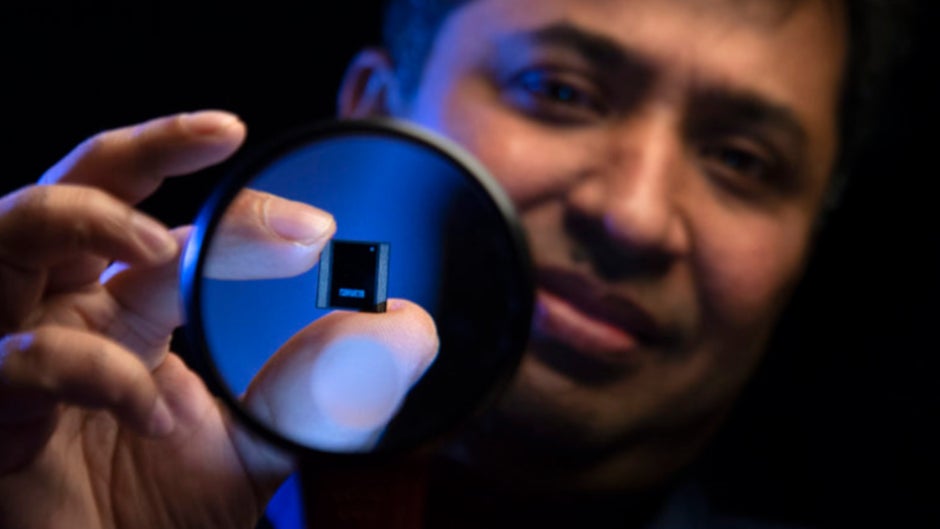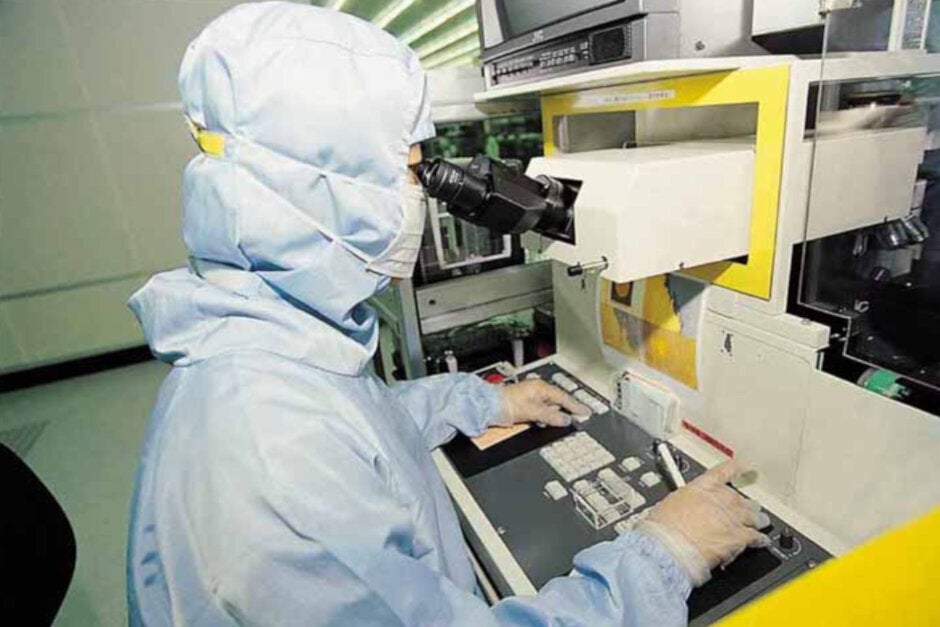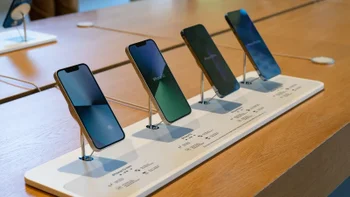U.S. wants cutting-edge chips, including 5G modem chips, made in the states instead of Asia

Back in March, we told you that TSMC was actively considering the construction of a fabrication facility in the U.S. The idea was reportedly presented to TSMC, the world's largest independent foundry, by the U.S. government. Back in March, the report said that the Trump administration was pressuring TSMC to make a decision before the November presidential election so that the president can boast that a beautiful new plant is being built on American soil creating new jobs for Americans.
The Trump administration wants to secure the supply chain by having more chips made in the U.S.
A report today by The Wall Street Journal says that both the Trump administration and the semiconductor industry are getting concerned about sourcing technology from Asia after the coronavirus outbreak. Administration officials are said to be particularly concerned about Taiwan, the "T" in TSMC. The foundry counts some big U.S. tech firms as top customers including Apple, its best client. Qualcomm also depends on TSMC to produce its Snapdragon chips. As a result, the U.S. government wants TSMC to build facilities in the states that would manufacture cutting-edge chips.

The Trump administration wants more technologically advanced chips to be built in the states
Speaking about Apple, TSMC has been discussing this idea with them as well as officials at the Department of Commerce and Defense. This year, TSMC is churning out cutting edge 5nm chips that fit 171.3 million transistors into each square mm. The Apple iPhone 12 series, due out later this year, will be the first smartphones to be powered by a 5nm chipset. The 7nm A13 Bionic contains 8.5 billion transistors in each chip while the 5nm A14 Bionic will sport 15 billion transistors. The more transistors inside a chip, the more powerful and energy-efficient it is.
The U.S. also wants Intel to build fabrication plants in the U.S. for its chips. Intel, the largest American chipmaker, is taking the matter seriously. Greg Slater, Intel’s vice president of policy and technical affairs said, "We think it’s a good opportunity. The timing is better and the demand for this is greater than it has been in the past, even from the commercial side."


Besides TSMC, another company producing 5nm chips this year is Samsung. The South Korean firm runs the second-largest foundry in the world and already has a facility in Austin, Texas. The Trump administration would like to see Sammy expand its contract manufacturing business in the states to include more technologically advanced chips according to someone familiar with the situation. Of the contract chip manufacturers operating worldwide, only TSMC and Samsung produce chips using a 10nm process node or lower. Intel does make 10nm chips, but they are based on the company's own designs.
Of the three firms mentioned in the story, Intel seems the most eager to listen to the administration. Intel CEO Bob Swan wrote a letter to Defense Department officials (which you can find here) in which he wrote, "We currently think it is in the best interest of the United States and of Intel to explore how Intel could operate a commercial US foundry to supply a broad range of microelectronics. We stand ready to work with DOD to expand domestic manufacturing, technology and workforce, realizing a sustainable, commercially viable foundry that is necessary to meet United States government security and infrastructure needs."
In a statement, a government official told the Journal, "The administration is committed to ensuring continued U.S. technological leadership. The U.S. government continues to coordinate with state, local and private-sector partners as well as our allies and partners abroad, to collaborate on research and development, manufacturing, supply-chain management, and workforce development opportunities."
The Semiconductor Industry Association trade group is expected to release a study that recommends that the U.S. government create a multi-billion dollar fund to promote domestic chip production. John Neuffer, SIA’s president and chief executive, says, "Semiconductors are fundamental to America’s economic resilience and national security, so it’s a no-brainer for the U.S. to invest more in our domestic chip sector. China and others are investing heavily, and the U.S. needs to do more to rise to the challenge to play to win."
Follow us on Google News













Things that are NOT allowed:
To help keep our community safe and free from spam, we apply temporary limits to newly created accounts: